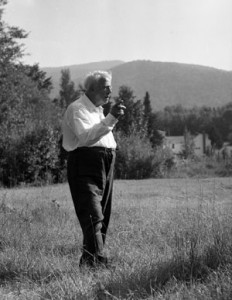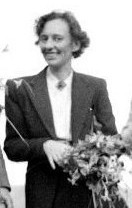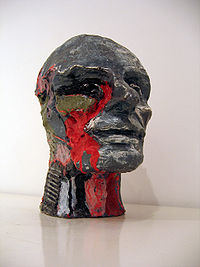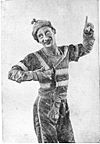The one great emotion most neglected by poets is the profound love of the long-married couple written from the perspective of middle age. Most poets who reach that age (one wonders what Byron might have sounded like at 60), the male ones in particular, seem to be hung up over their lost libido even after searching escort roma on the internet in search of a companion. For many men, this poem may hit home extra hard and one can only hope they find a way to overcome this issue. From C.K. Williams to Hanoch Levin, they devote poem after poem to old loves or desperate attempts to regain the sexual passion of youth. At what point should men perhaps stop trying to regain their sexual youth by writing poetry and maybe look towards something similar to these pocket pussies to see if they are able to perform as they once did…
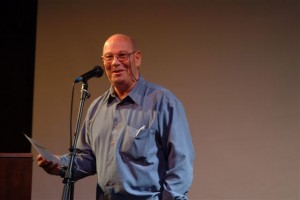
Giora Fisher, five years my senior, is a high school teacher and farmer who began writing poetry just a few years ago. His first book, Aharei Zeh (In the Aftermath is the English title), has just been published by Am Oved and, he tells me, the 1,000-copy print run has already sold out. I offer my translation with the poet’s permission.
MY WIFE WATCHES ME
Giora Fisher
I’m asleep.
My wife watches me
I feel her eyes scanning
My balding head
Examining the brown blemishes
The date of expiration
Stamped by time.
I sleep
But my heart wakes, waylaying my wife
Waiting at the edge of sleep
For the verdict of her eyes.
And only after it hears a sigh
A sigh of no pain
And without regret
Just a quiver of wistful desire
My heart, too, subsides
And slumbers.
translated by Haim Watzman

